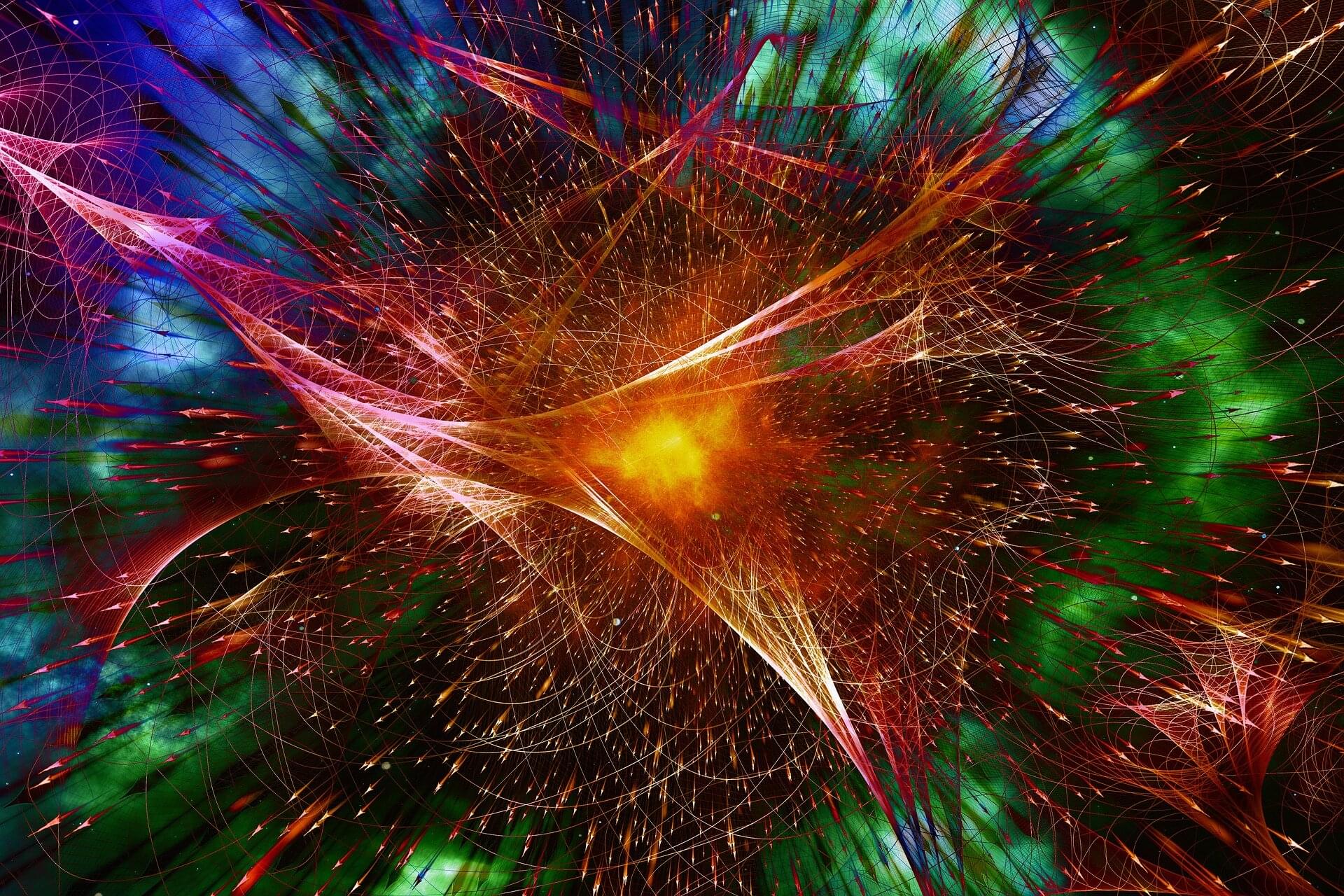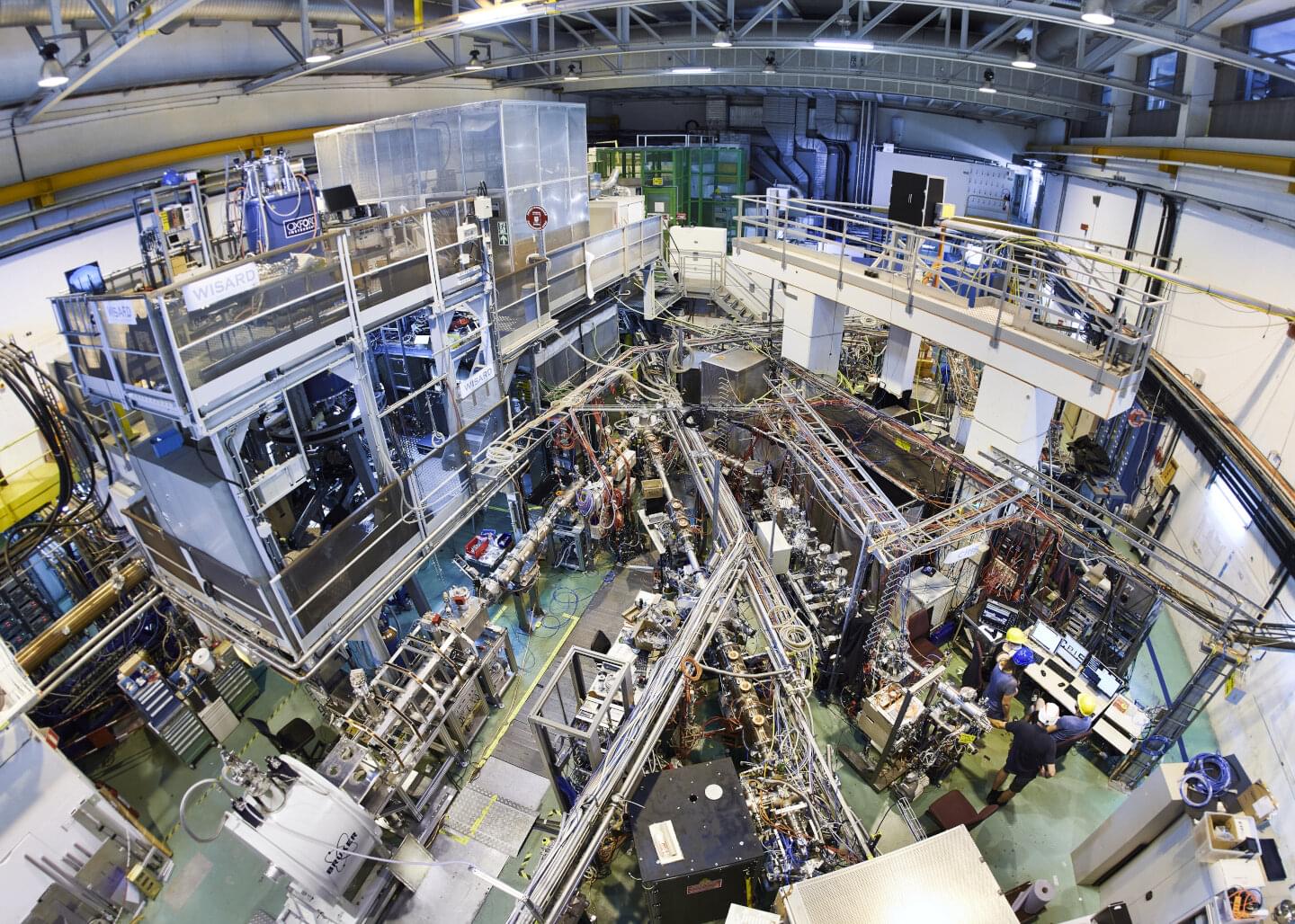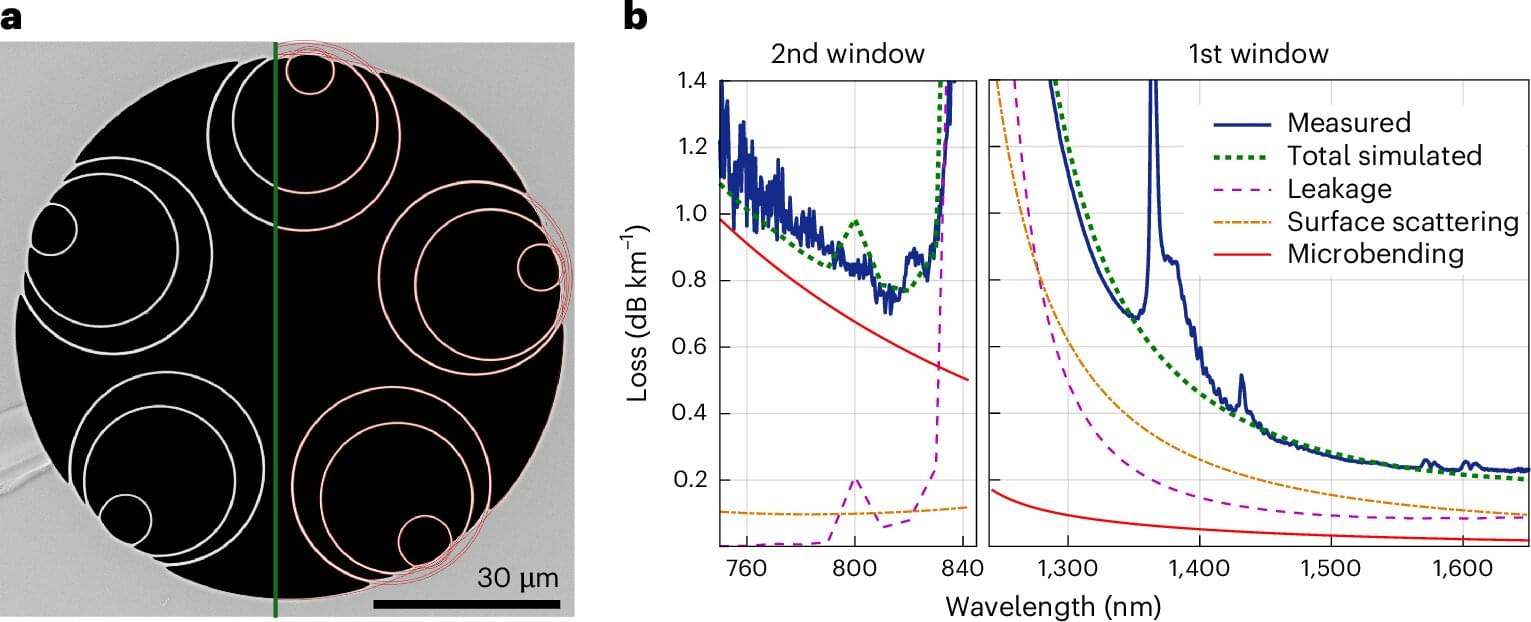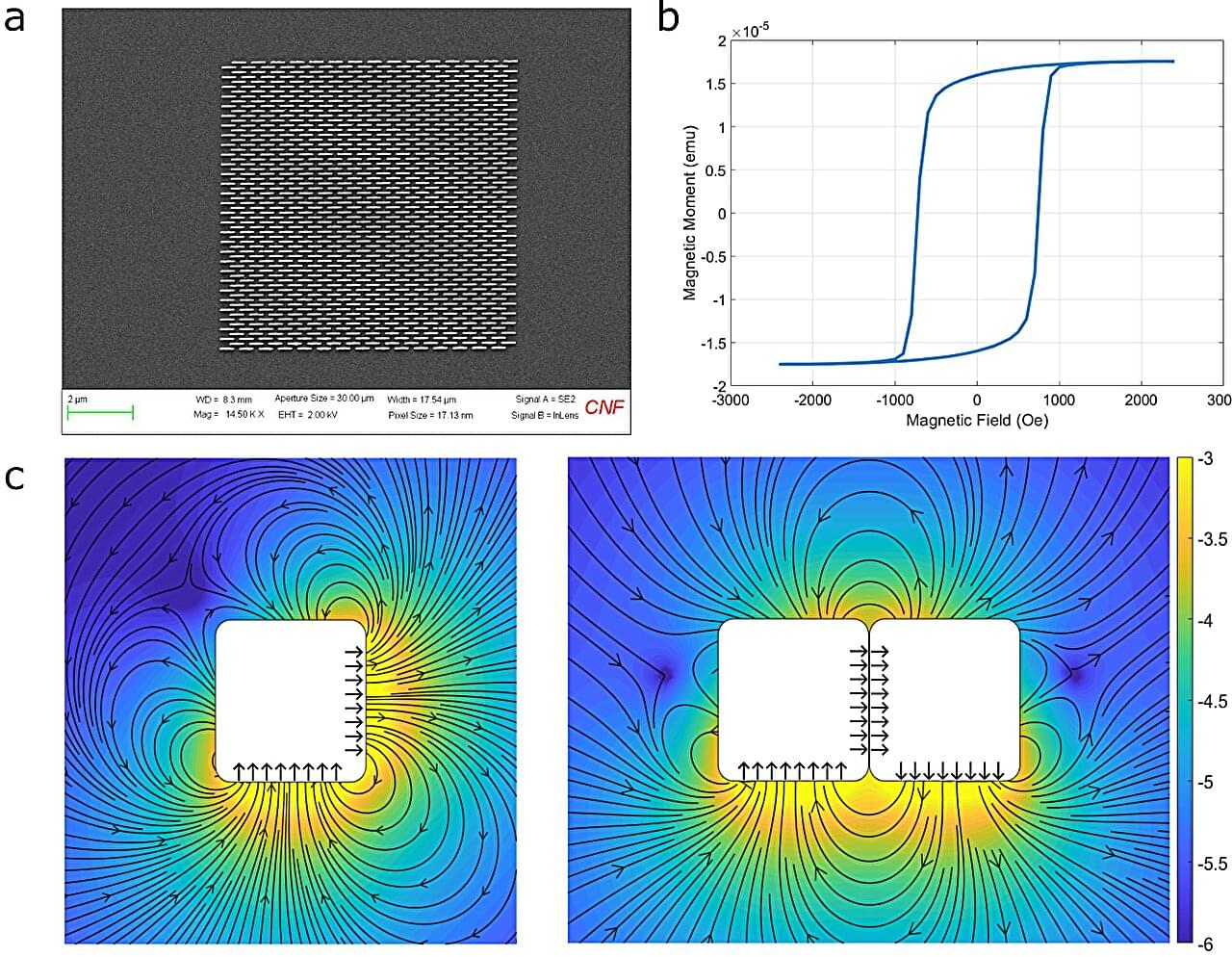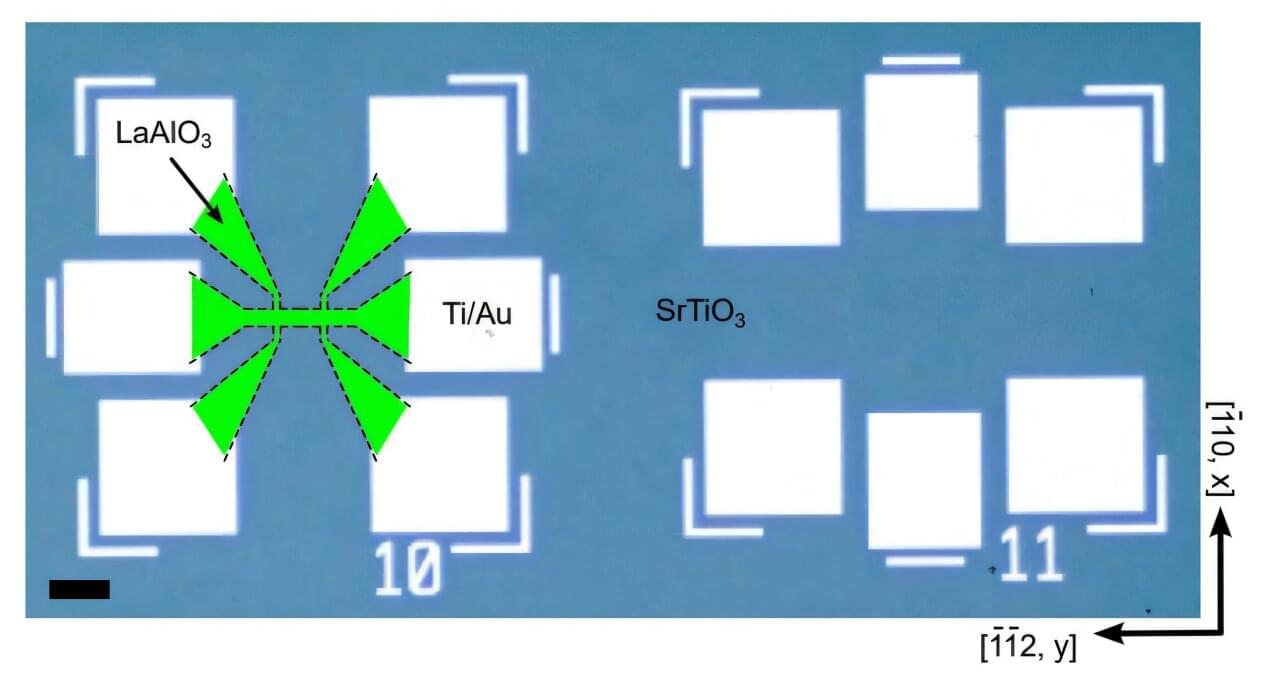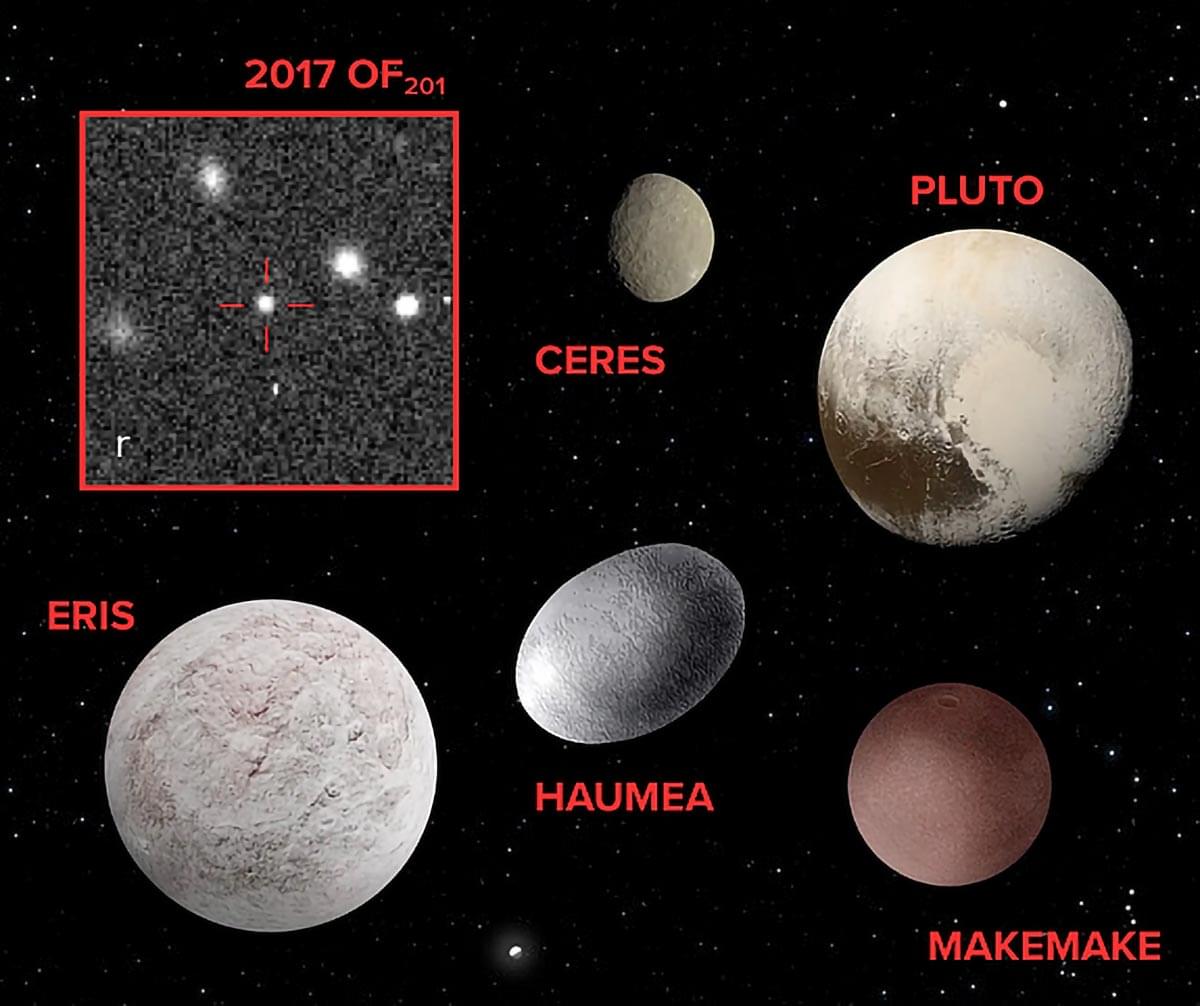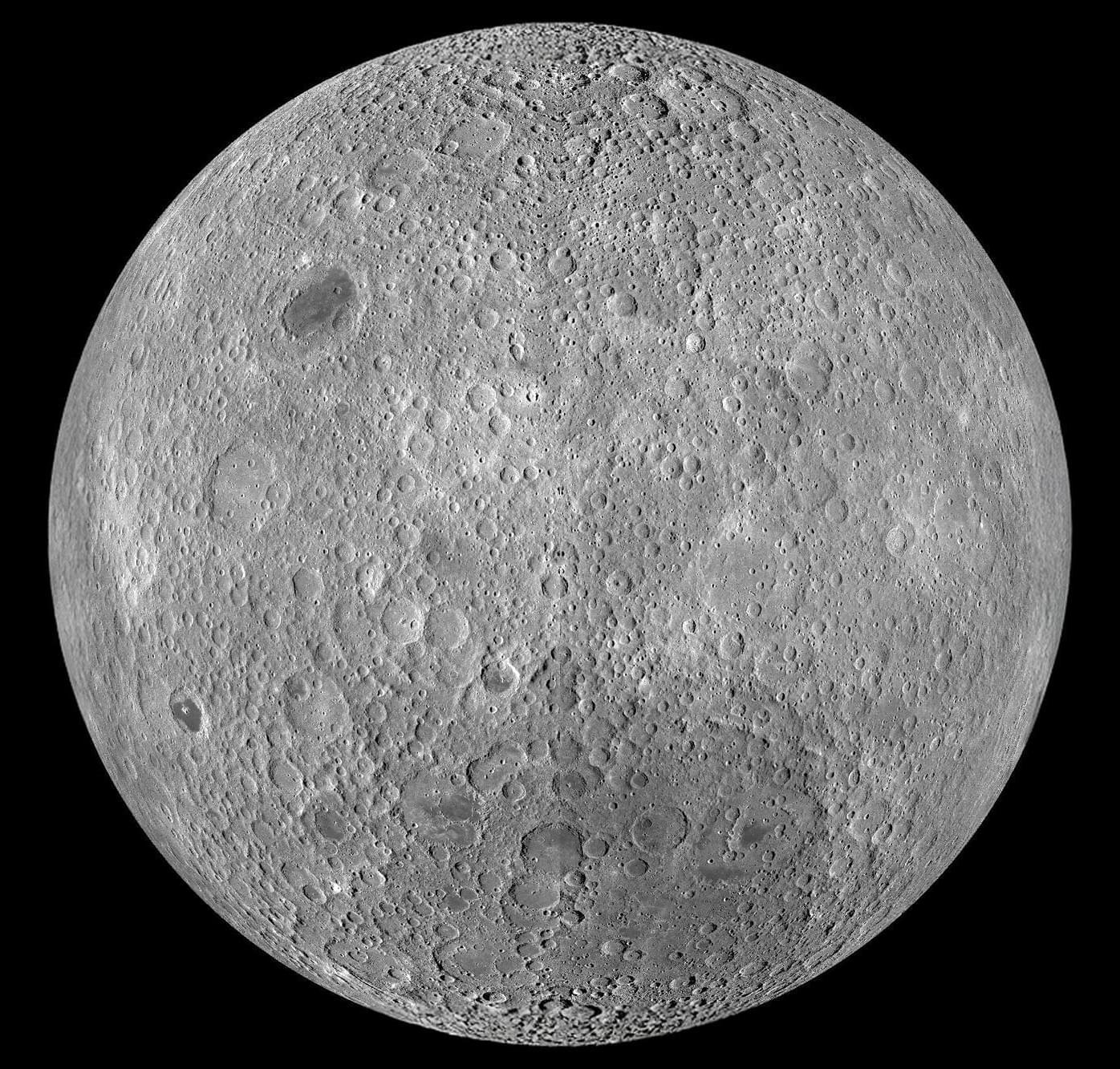Matter gets weird at the quantum scale, and among the oddities is the Efimov effect, a state in which the attractive forces between three or more atoms bind them together, even as they are excited to higher energy levels, while that same force is insufficient to bind two atoms.
At Purdue University, researchers have completed the immense quantum calculation required to represent the Efimov effect in five atoms, adding to our fragmented picture of the most fundamental nature of matter.
The calculation, which applies across a broad range of physical problems—from a group of atoms being studied in a laser trap to the gases in a neutron star—contributes to our foundational understanding of matter and may lead to more efficient methods for confining atoms for study.
